
Mar 16, 2021
American Rescue Plan Improves Senior Health and Financial Security
Read Article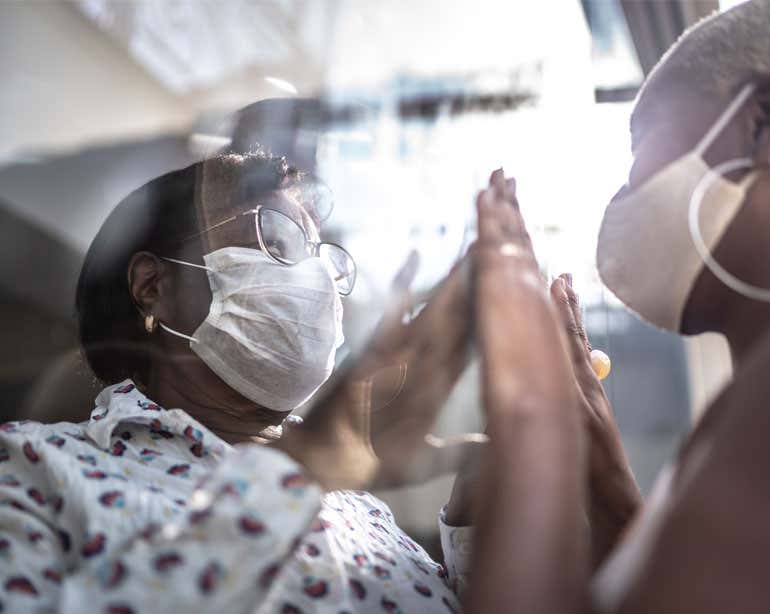
Your voice matters. Members of Congress need to hear from you—their constituents—on what issues matter most. Use NCOA's Straight Talk for Seniors® advocacy tool to help protect and strengthen the programs we all depend on as we age.

Life has changed so much since the COVID-19 pandemic began spreading in the United States. And each person has a story to tell. We want to hear yours.
Read Article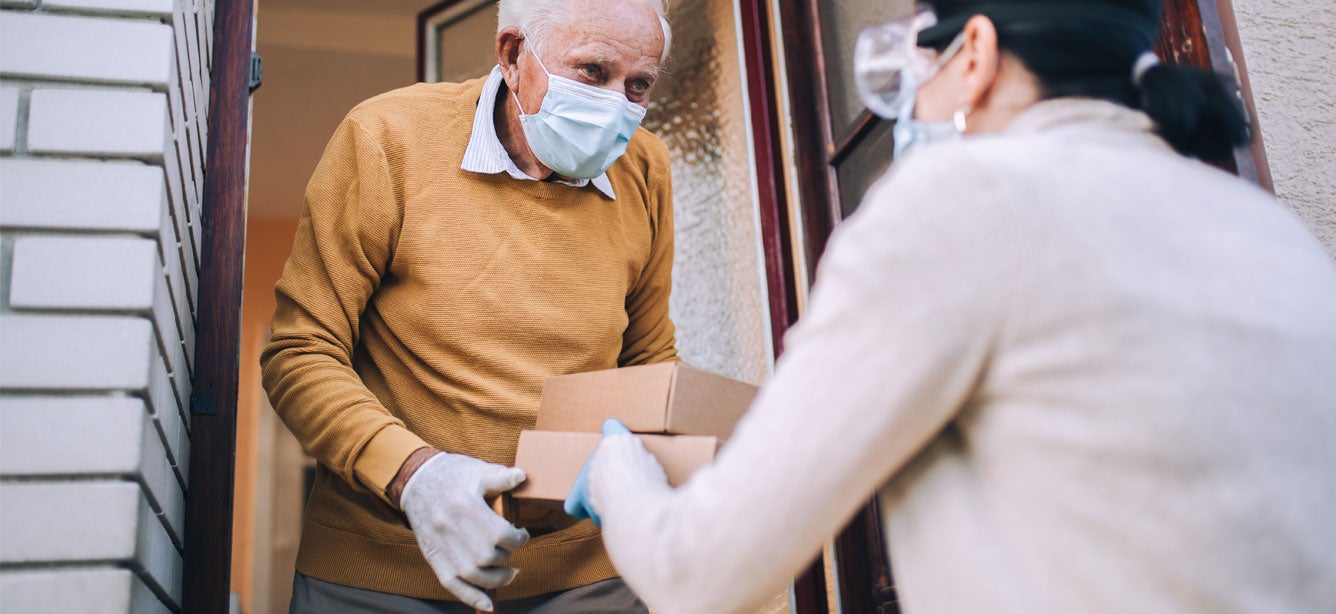
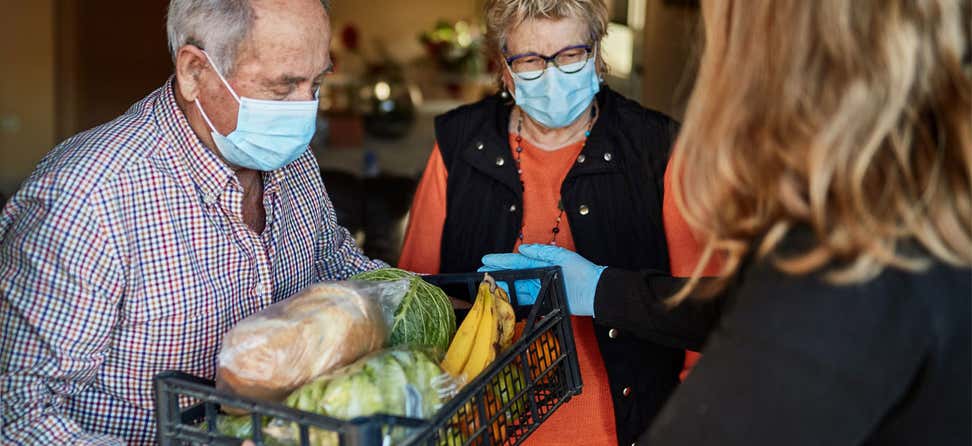
Mar 3, 2021
The Impact of COVID-19 on Community-Based Organizations Serving Older Adults
Read Article
Aug 5, 2020
Potential Financial Impacts of the COVID-19 Pandemic on Older Single-Person Households
Read Article
May 20, 2020
Potential Financial Impacts of the COVID-19 Pandemic on Minority Older Adults
Read Article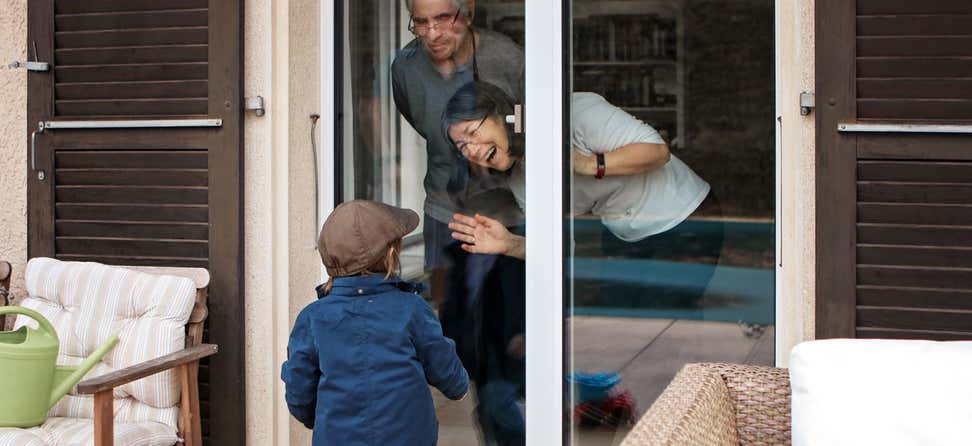
May 14, 2020
Social Isolation and Loneliness Among Older Americans during COVID-19: Evidence, Policy, and Advocacy
Read Article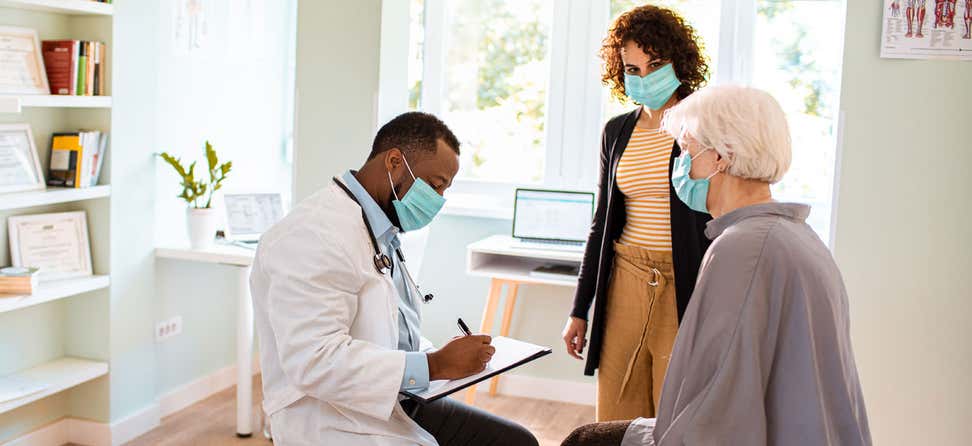
Apr 23, 2020
COVID-19 and Older Adults: Support for Community-Based Physical and Behavioral Health
Read Article
Apr 16, 2020
Economic Insecurity for Older Adults in the Presence of the COVID-19 Pandemic
Read Article